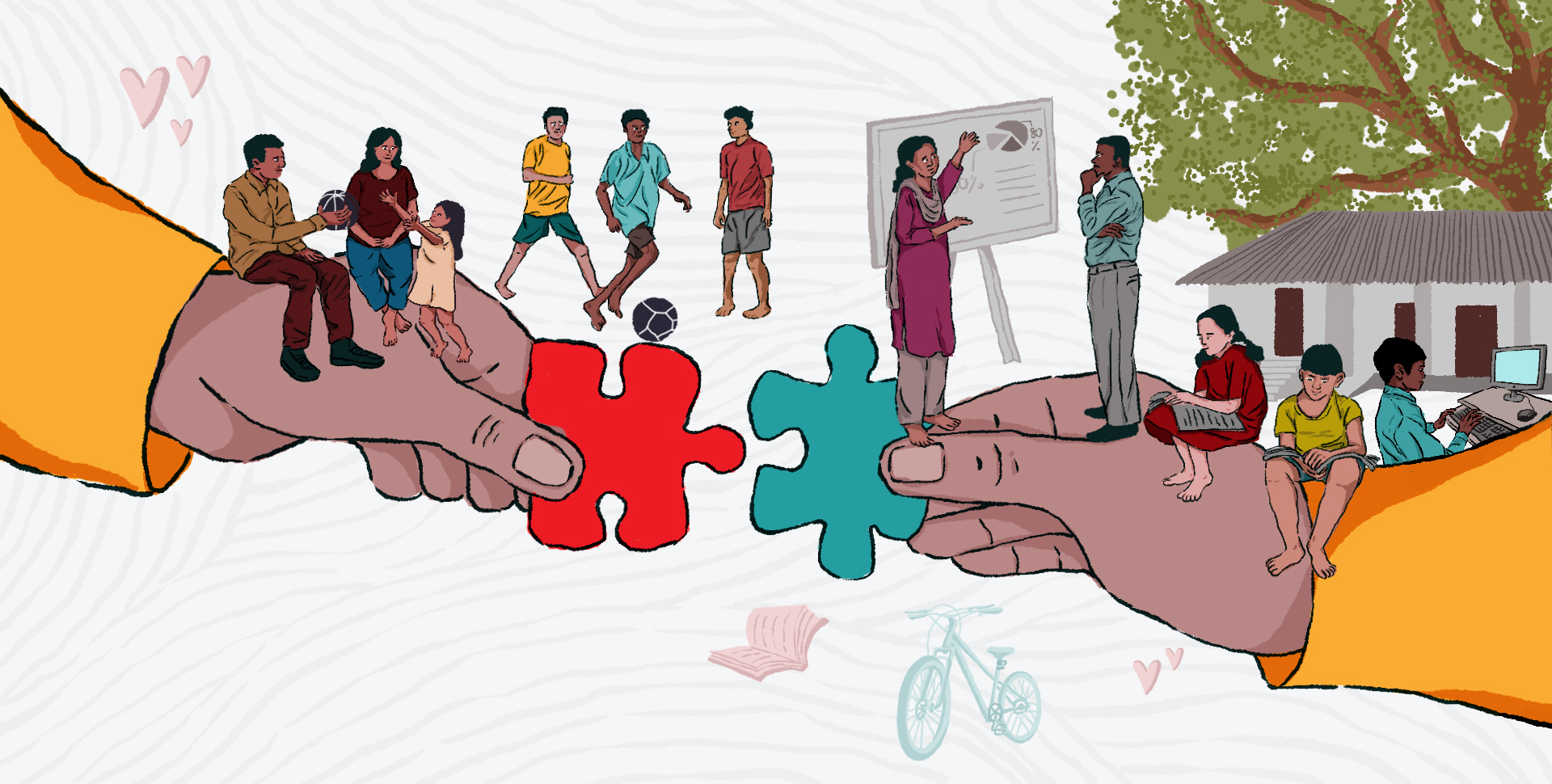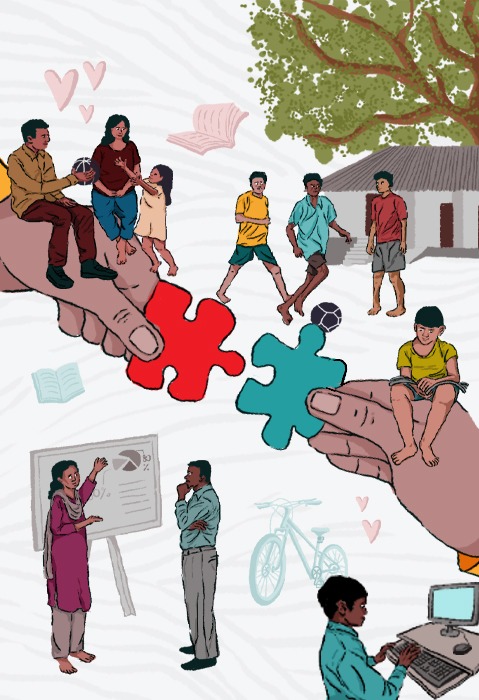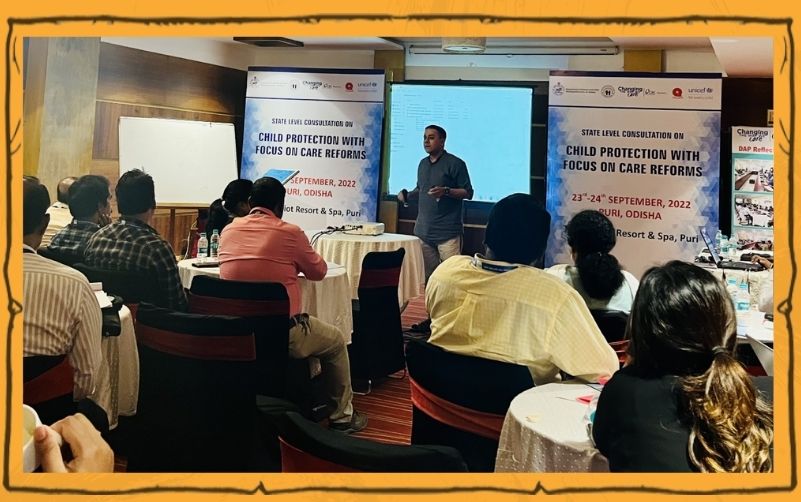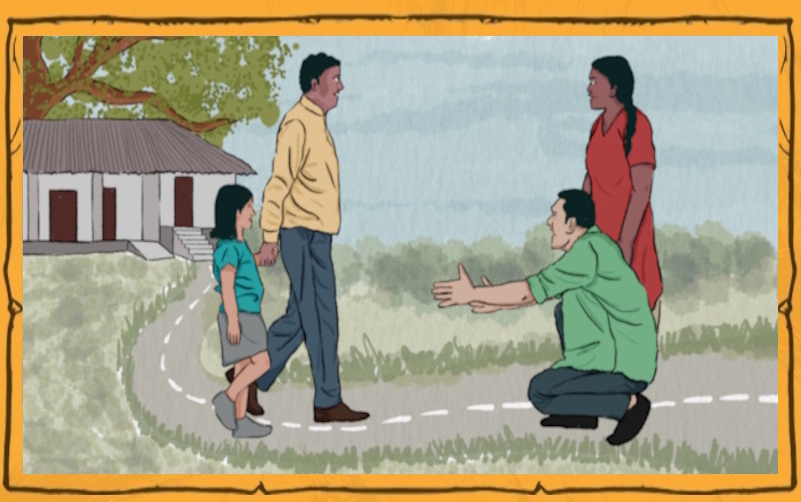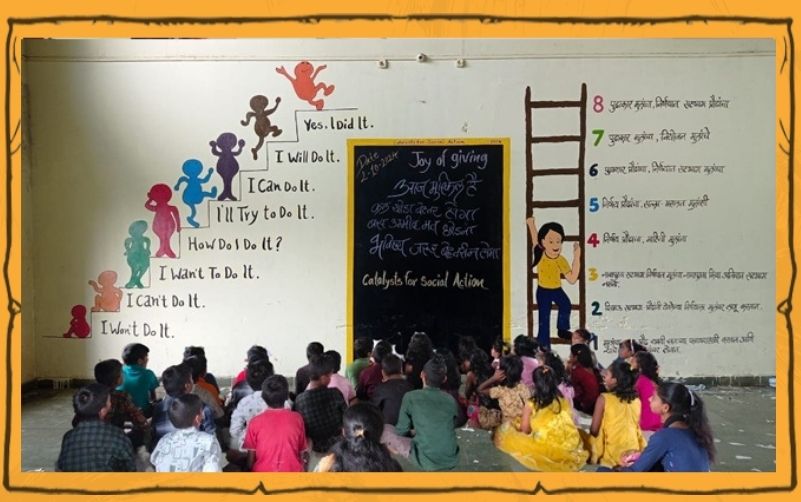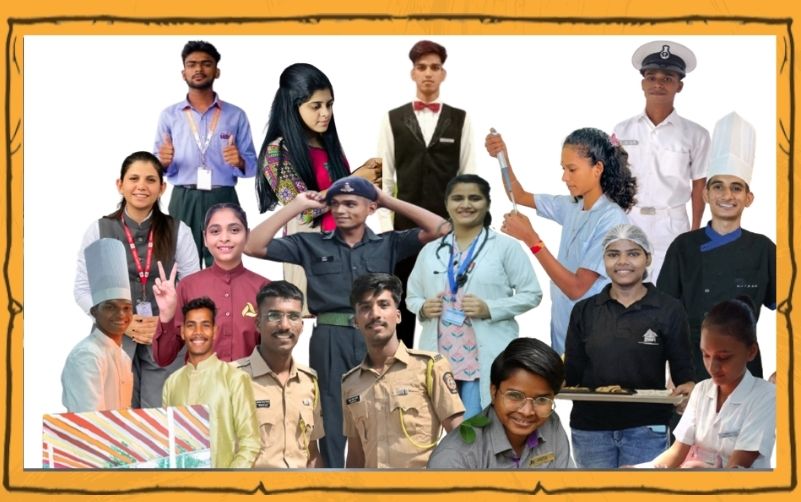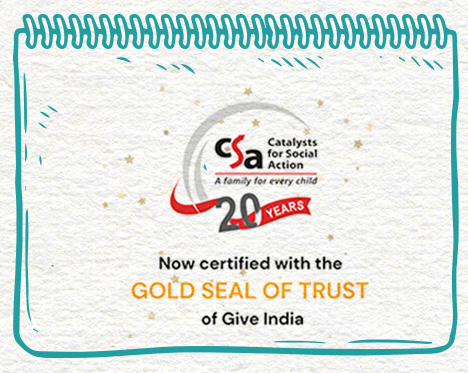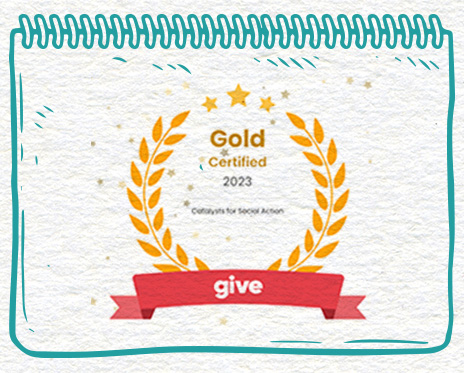-

0
Youth in Aftercare Program
-
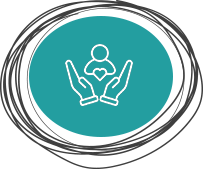
0
Child Care Institutionss supported across five states
-
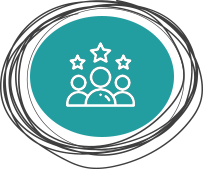
0
Years of Experience
-
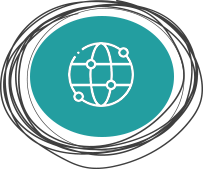
0
States Across India
Impacted lives of 16,000+ children
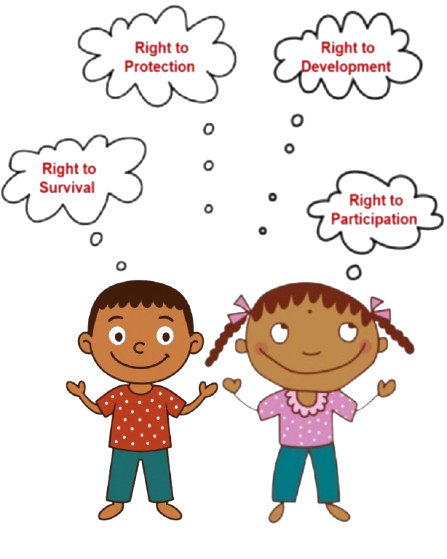
Sustainable Impact For
Vulnerable Children and Care Leavers
Catalysts for Social Action is an Indian non-profit organisation that has been working for the last 20+ years towards enhancing child protection systems.
We work towards strengthening the implementation of India's Juvenile Justice Act, ensuring quality care and rehabilitative services to children in long-term institutional care. We also facilitate social reintegration of young adults ageing out of institutions, and implement programs for placement of children in family-based alternative care such as adoption and foster care.
READ MOREOur programs and efforts are focused around
Sustainable Development
In the 2030 Agenda for Sustainable Development Goals universally for all children, and to doing so on the basis of their rights. Our objectives align with the global call for action to establish peace and prosperity envisioned in the Sustainable Development Goals..

Awards and recognition
How You Can Help
-

Donate
Your generosity helps us create a world where
vulnerable children are given shelter, food,
education, care and a better quality of life they
deserve to grow and succeed -

Fundraise for a cause
Children in need are waiting for someone like
you to make a difference. Become a volunteer
and help us provide life-changing support to
these children. -

Volunteer
Children in need are waiting for someone like
you to make a difference. Become a volunteer
and help us provide life-changing support to
these children. -

Campaign
Support our periodic campaigns for specific
purposes, that will help us support these children
and young adults have a better life and integrate
them into our society
Voices of our supporters
Our Supporters
We are incredibly thankful for the support of our donation partners, whose commitment to social responsibility helps us make a lasting impact. Their belief in our mission to empower and uplift vulnerable children is what drives our shared success..
Here are some of the companies & organisations that stand with us in creating positive change:


